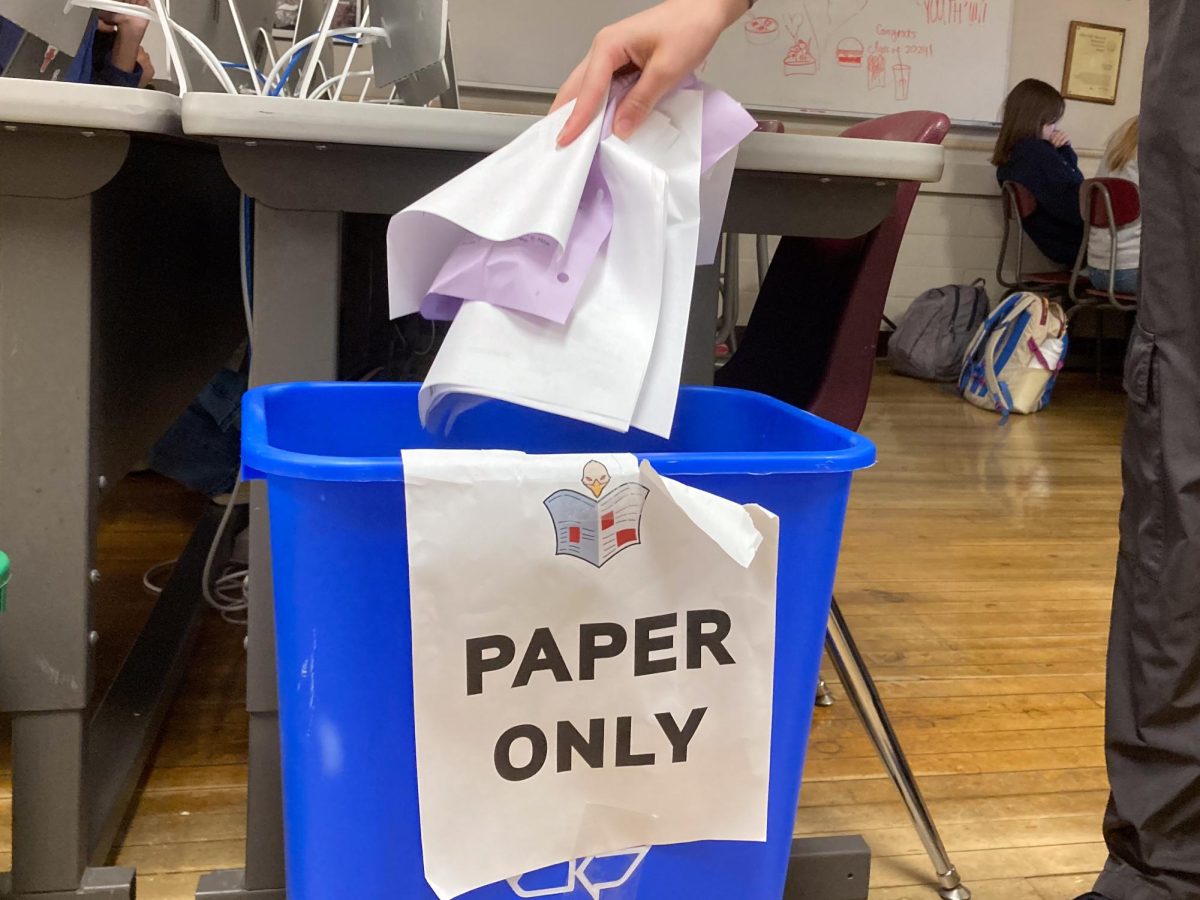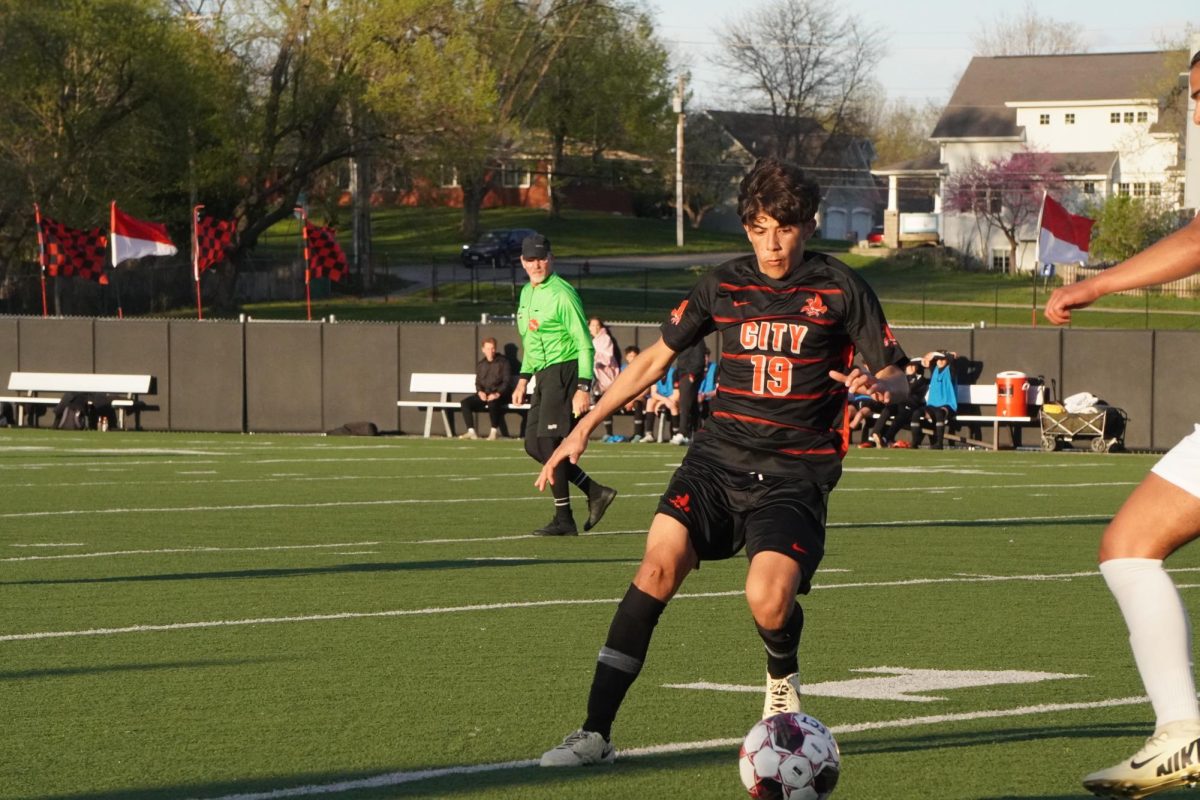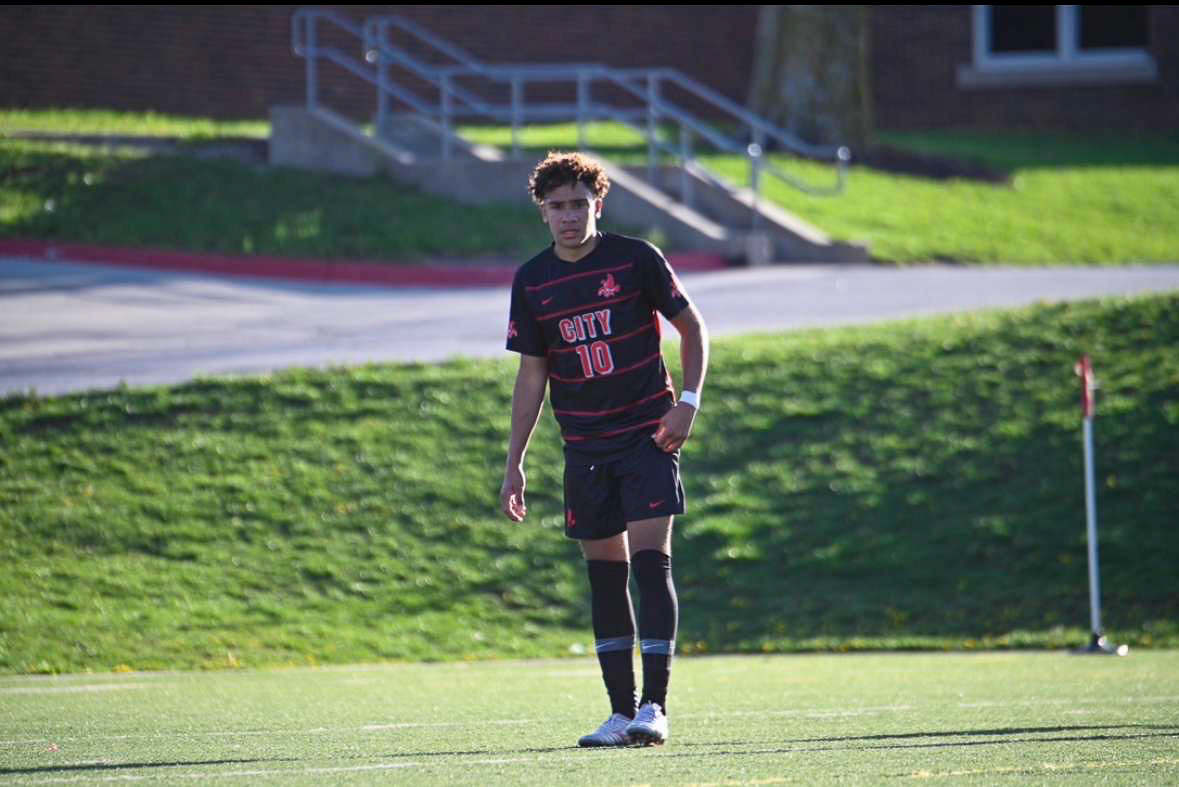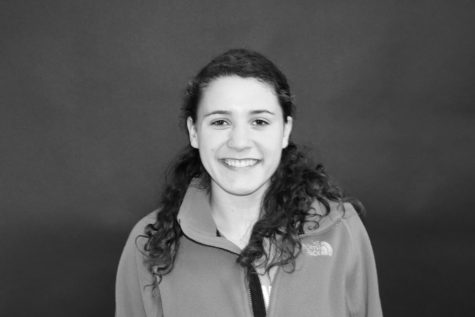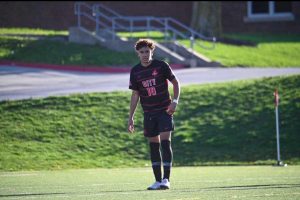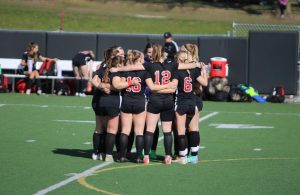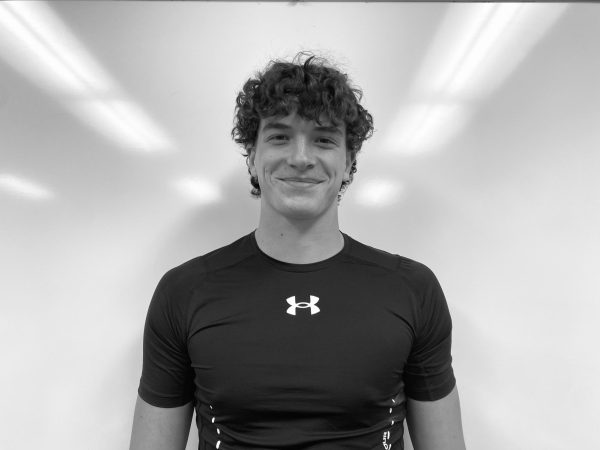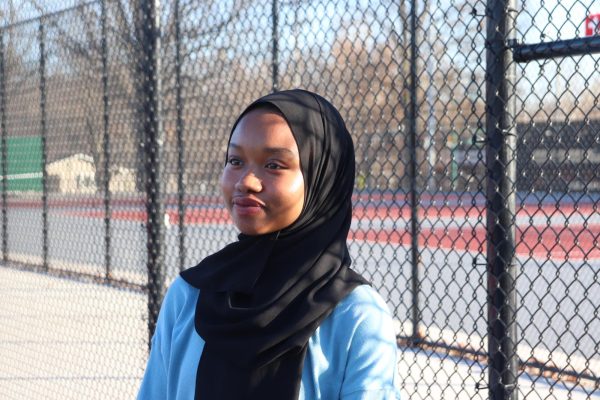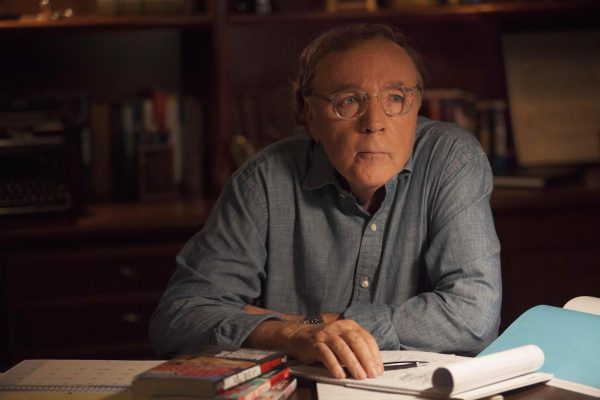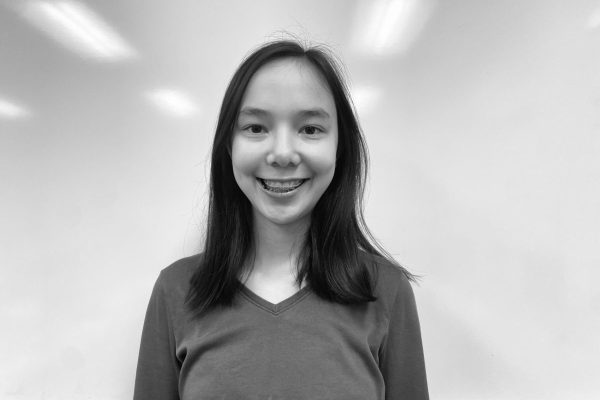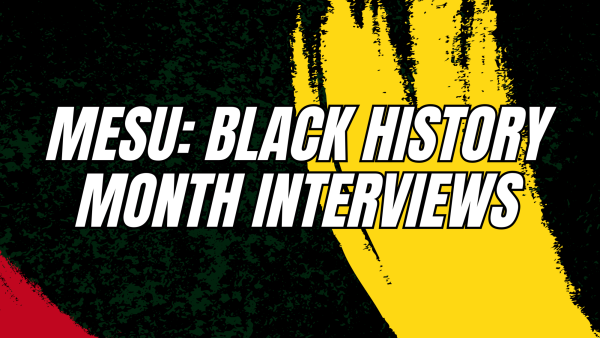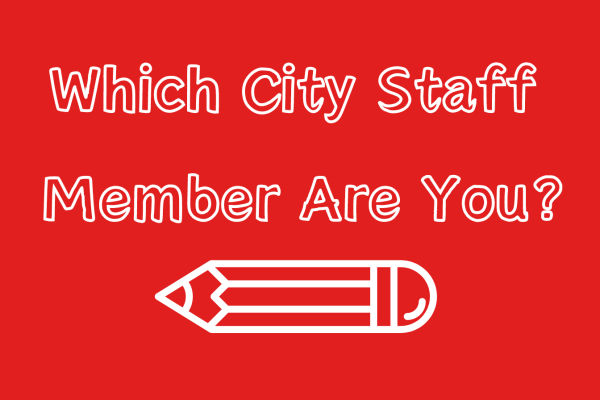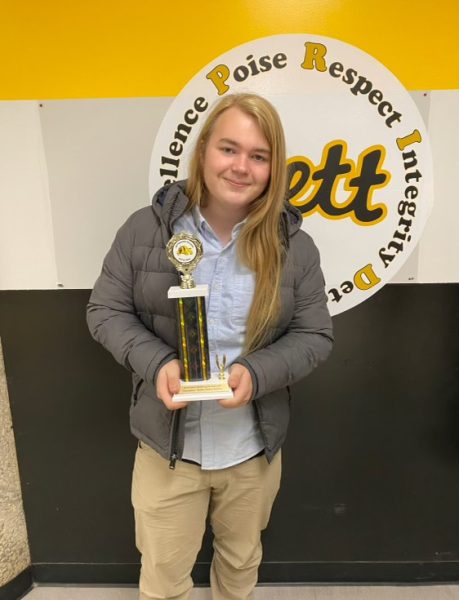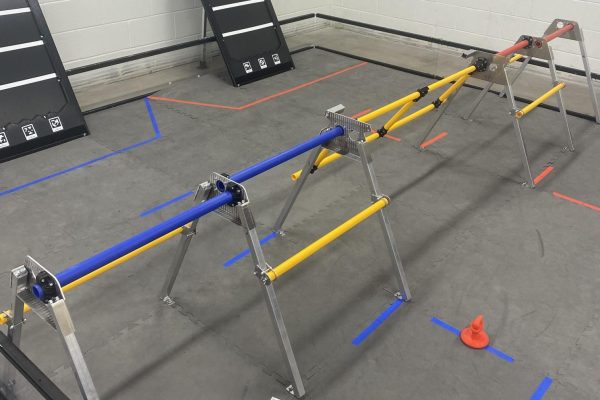A Year to Learn
May 10, 2018
Elementary school, junior high, high school, college, work, and finally retirement. The cycle of schooling and work hardly leaves room for students to take a break and focus on themselves, delve into their passions, or spend time with their families and others without the interruption and stress of studying. When do students get a break? Is there ever a time they don’t have to decide between the clubs and athletics they truly enjoy, and the hours they must spend on assignments and required courses? In the midst of college applications and anxiety surrounding the next step of senior’s lives, a few students have discovered an alternative to enrolling in college in the fall of 2018.
“I chose to take a gap year because I’m not really set on my future yet, nor do I really know what I’m interested in studying in college,” Maclane Henry ’18 said. “I think since parents expect their kids to go straight to college, and all of our friends jump right into it, everyone just follows along, but I would rather take some time to find my passion.”
For many students, attending college means following the path most other students take without really considering other options, even if they aren’t ready to do go to college yet. Not only may students not be ready to live away from home and take on such a heavy workload so soon after graduating high school, most students have not had the time to focus on what they truly enjoy and prepare themselves for that next part of their lives at their own pace.
“I chose to take a gap year because I want to learn a new language and culture,” Kate Malkusak ’18 said. “I’ve always wanted to study abroad and those two things intertwine, so when I heard about the Rotary Gap Year program it seemed perfect for me. You have to be under 18 to join, so I decided to do it before college so that I could gain experience and prepare to major in Spanish once I’m in college.”
Many students opt to take a gap year so that they can travel or live in a foreign country. This experience gives students the chance to be immersed in another language, give to others with their service, and also learn about other perspectives and cultures around the world before they return to their studies. Especially before entering college and paying for tuition and classes, some students feel they need some time to decide what they’re truly interested in so that they can make the most use of their money and classes.
“I really just want to open my eyes to a different side of the world, and I also want to be bilingual, which really drove my decision. I’m interested in studying International Affairs in college, and this gap year will build more experience and help me prepare,” Malkusak said.
Henry is also interested in studying International Affairs, and hopes his year off will help him decide if that’s right for him.
“I want to find my passions and understand others better. I think this experience will give me the skills I will need to become more independent, and this experience will not just prepare me for college, but for life as well,” Henry said.
Gap years have been gaining popularity in recent years. One way students choose to spend their year is by traveling to a foreign region to volunteer, which is what both Henry and Brooke Sarrazin ’18 have decided to do. Henry plans stay in Patagonia for a couple of months with a program called Outward Bound, where he will go backpacking and build shelters for the community. Sarrazin will spend a semester in Asia traveling to various countries through a program called the ARCC Gap Semesters. She will stay with host families and help them maintain their farms while also becoming scuba diving certified to protect coral reefs, work at an elephant rehabilitation center, teach English in China, and work for women’s empowerment in Cambodia, along with taking two weeks off to hike through China.
“I started applying to colleges and I had no idea where I wanted to go or what I wanted to study. I felt a lot of pressure, so I decided I needed time off to make a better decision, especially before spending money on college,” Sarrazin said. “I work at Wig & Pen with college students, and they tell me they wish they would have taken time off before enrolling in college to figure out what they wanted to do, which led me to research gap year programs.”
Service work abroad isn’t the only option for a gap year. Malkusak will enroll in a Social Secondary high school in Spain to keep up with her academics in a relaxed setting, while also being immersed in a different culture. She will live with three different Rotarian host families and attend classes that focus on the social sciences, all in Spanish. At the end of her stay, Malkusak and other exchange students will take a two week trip throughout Europe before returning home.
“I’m definitely worried about the social aspect, especially since my host family isn’t supposed to speak English with me, but I’m excited because I’ll improve a lot. I want to get as involved as possible,” Malkusak said.
Although all of Malkusak’s classes will be in Spanish, Rotary understands she is not fluent, and so the focus of her stay will be on learning about a different school structure and improving Spanish. Luckily for Malkusak though, some schools provide tutors for the students if needed.
“I went to RYLA (Rotary Youth Leadership Awards) between my sophomore and junior year, which is how I first heard about Rotary. My counselor, Megan, had just come back from Spain through the Rotary Exchange Program and when she told me about how much she loved it I decided that was exactly what I wanted to do. It all just clicked,” Malkusak said.
Malkusak is friends with Paula Mompió, a student from Barcelona who is currently enrolled in the Rotary Exchange Program and spent this school year attending City High. Talking with Paula about her experience has helped Malkusak solidify her decision to take a gap year, and has helped her prepare for what’s to come.
“Paula and Rotary have warned me that one of the hardest things about this experience is leaving my family, becoming really close with my host family, and then having to leave them, too. I’m nervous about being torn into 2 families and lives. Rotary even gave me a book during our training that explained what my emotional cycle will be throughout my experience, which has been good preparation emotionally. I know I’m going to cry a lot.”
Like Malkusak, Henry and Sarrazin have a lot to think about going forward. As they will be travelling to developing countries, they will be exposed to new diseases and may not have access to the proper medical treatment while they are abroad, something they have to prepare for well in advance.
“Since I’m type 1 diabetic, I’m a little concerned about being someplace where there might not be the medical staff and attention I need at my disposal, so I’ll have to be really cautious,” Henry said.
Sarrazin also has to be prepared for situations that are different from what she is used to. She is required to take multiple vaccinations before traveling, including purchasing high altitude medication and taking shots for malaria.
Although traveling and doing service work with a program is a popular choice for many students taking gap years, Theo Prineas ’18’found another option that works for him. Prineas will stay in Iowa City, but instead of attending the University of Iowa, he will be living in his own apartment, completely financially independent, working multiple jobs and volunteering on campaigns for politicians he supports, along with catching up on his reading.
“The major reason I’m choosing to take a gap year is because I was born into a lot of privilege. I’m a straight white male and my family is pretty well off financially, so I would like to put myself into a lifestyle where I can understand a bit better what it’s like to not have such privileges,” Prineas said. “I can’t change my race or sexuality, but I would like to see what it’s like to live without the financial support of my parents. When I go to college I’ll be getting a post-secondary education, which will then allow me to receive a higher paying job, so this is just a way for me to be able to identify with a group that I wasn’t born into.”
Prineas is an activist, and working towards human rights has pushed him towards a curiosity of what lifestyles other than what he was born into are like. Prineas won’t have language barriers or a change in environment to adjust to, but he will have other concerns and responsibilities that most teenagers don’t have to experience until a few years into college, such as not going into debt, and not having his parents to rely on for support financially.
“My agenda is to get life experience and understand what it’s like to be poor rather than wealthy. It’s important to understand others and why they do things, so being put in this situation will help me understand that struggle a lot better,” Prineas said. “I also want to fill up my time with what I’m actually interested in before I choose to pursue it in college.”
In addition to the desire to change his lifestyle and put himself in a position where he can better understand the struggles of others, Prineas also feels taking a gap year is necessary for himself so that he can take some more time to mature and develop mentally before entering college.
“I’m on the spectrum and that oftentimes slows the development of the prefrontal cortex, so I want to take a year before college to allow it some time to develop,” Prineas said. “I think it depends on the person, but I do think everyone should consider a gap year as a possibility, and I know it’s the right choice for me specifically. I need to take things at my own pace, I’m not in any rush to get through life.”
Henry agrees with Prineas about the importance of gap years, whether it be to spend time volunteering, travelling, or living on your own and gaining independence, he believes at least considering a gap year is something that should cross more student’s minds.
“I think a lot of people should consider a gap year, but I don’t think a lot of people think it’s even a viable option. People are scared of the unknown, and there are a lot of unknowns that surround gap years,” Henry said. “People seem to think they know what they’re getting into with college, but I disagree. It’s important to take a step back. A lot of people think that if they take a gap year they won’t want to go back to college, but that doesn’t have to be the case. If you use your year to gain life enriching skills and stay up to date with your studies in a non-traditional academic setting, it can be great preparation to return back to school.”

